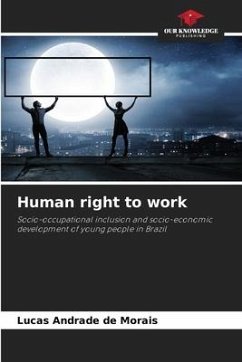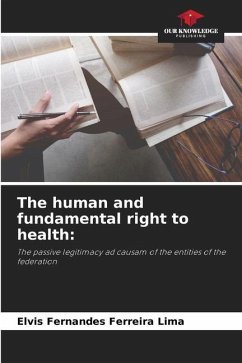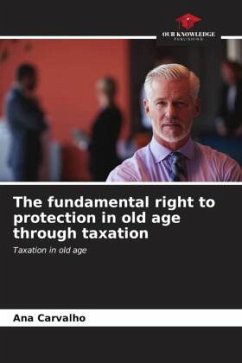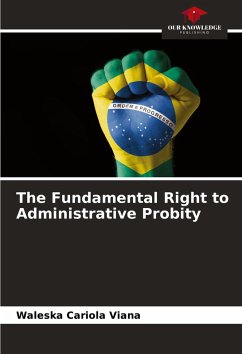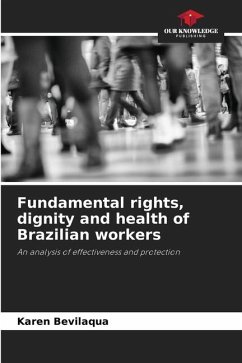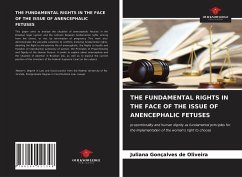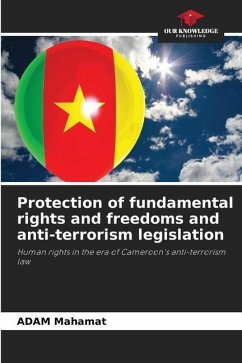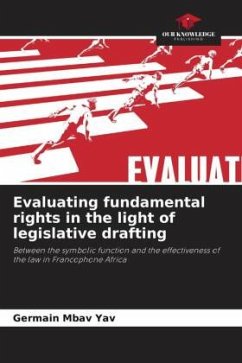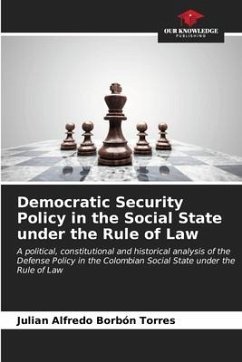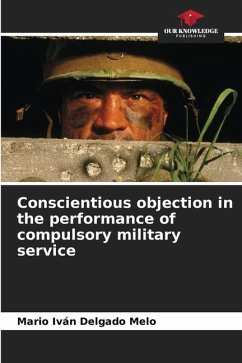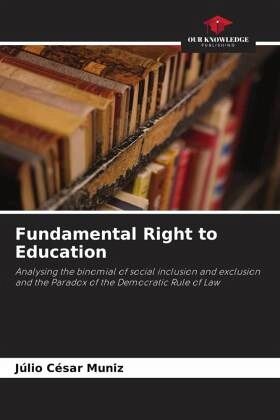
Fundamental Right to Education
Analysing the binomial of social inclusion and exclusion and the Paradox of the Democratic Rule of Law
Versandkostenfrei!
Versandfertig in 6-10 Tagen
41,99 €
inkl. MwSt.

PAYBACK Punkte
21 °P sammeln!
This work deals with the fundamental right to education, analysing this right and the binomial inclusion and social exclusion and the paradox of the democratic rule of law. It seeks to analyse whether public school education in Brazil, instead of being an element that contributes to inclusion and equality, has not paradoxically served social exclusion and the maintenance of inequality between rich and poor, revealing the fractures of the democratic state of law, to the extent of its inability to comply with the constitutional commandment to guarantee a compulsory, free, universal and quality p...
This work deals with the fundamental right to education, analysing this right and the binomial inclusion and social exclusion and the paradox of the democratic rule of law. It seeks to analyse whether public school education in Brazil, instead of being an element that contributes to inclusion and equality, has not paradoxically served social exclusion and the maintenance of inequality between rich and poor, revealing the fractures of the democratic state of law, to the extent of its inability to comply with the constitutional commandment to guarantee a compulsory, free, universal and quality public education. Thus, we seek to analyse the basic principles that guide the fundamental right to education in the democratic state of law, comparing them with the Brazilian social and educational reality, in order to reflect on the existing mismatch between the purposes expressed in the text of the Constitution and the lack of social effectiveness in the provision of the fundamental right to education by the State.



